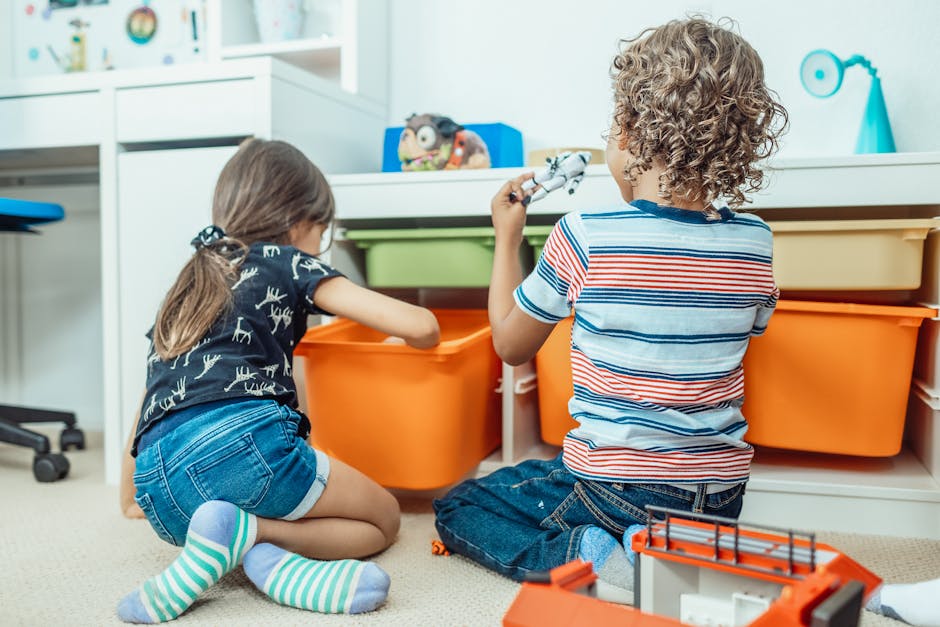Playtime isn't just about keeping kids entertained; it's a crucial part of their development. Through play, children learn to problem-solve, develop social skills, and unleash their creativity. Choosing the right toys and games can significantly impact a child's growth and learning journey. But with so many options available, navigating the toy aisle can feel overwhelming. This post will guide you through the process of selecting toys and games that are both fun and beneficial for your child.
One key factor to consider is your child's age and developmental stage. Toys designed for toddlers should focus on developing fine motor skills, such as stacking blocks or manipulating shape sorters. As children grow, their toys should evolve to challenge their cognitive abilities and encourage imaginative play. Board games, puzzles, and construction sets are excellent choices for older children, promoting strategic thinking and problem-solving skills.
Another important aspect is the type of play the toy encourages. Active play is essential for physical development and helps children burn off energy. Toys like balls, jump ropes, and bikes encourage movement and coordination. Creative play, on the other hand, allows children to express themselves and develop their imaginations. Art supplies, musical instruments, and building blocks are great tools for fostering creativity.
Educational toys can be a fantastic way to sneak in some learning while having fun. Look for toys that teach basic concepts like colors, shapes, and numbers. Science kits, building sets, and interactive learning toys can spark a child's curiosity and introduce them to STEM subjects in an engaging way.
Don't underestimate the power of simple, classic toys. Building blocks, dolls, and toy cars have been beloved by generations of children for a reason. These open-ended toys allow for endless possibilities and encourage imaginative play. Children can create their own worlds and stories, fostering creativity and problem-solving skills.
When choosing toys, prioritize quality and safety. Look for toys made from durable materials that can withstand the wear and tear of playtime. Ensure that toys are age-appropriate and meet safety standards. Avoid toys with small parts that could pose a choking hazard for young children.
Consider your child's interests when selecting toys and games. If your child loves animals, consider a stuffed animal or a playset featuring their favorite creatures. If they're fascinated by space, a telescope or a space-themed board game could be a great choice. Choosing toys that align with your child's interests will make playtime more engaging and enjoyable.
Ultimately, the best toys are the ones that encourage children to explore, create, and learn through play. By considering your child's age, developmental stage, and interests, you can choose toys and games that will provide hours of fun and contribute to their overall growth and development.
